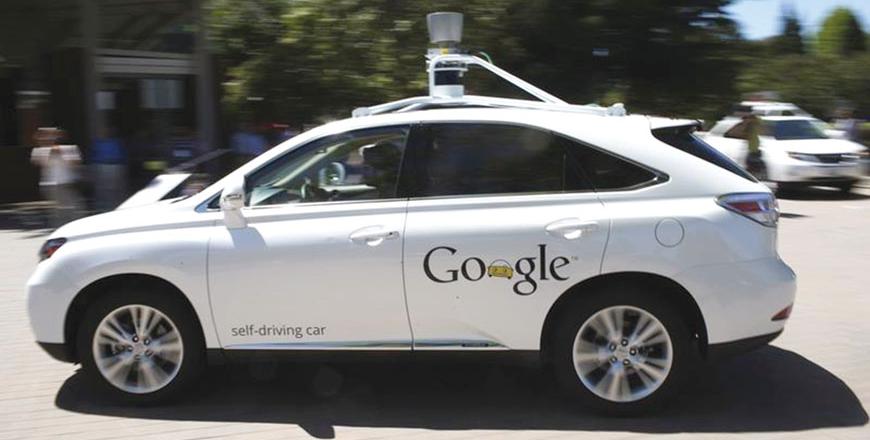You are here
Automatic emergency braking coming to 99% of cars by 2022
By USA Today (TNS) - Mar 21,2016 - Last updated at Mar 21,2016
In the next great auto-safety advance, 20 automakers have agreed to make automatic emergency braking a standard feature on cars and trucks starting in September 2022, it was announced Thursday.
“By proactively making emergency braking systems standard equipment on their vehicles, these 20 automakers will help prevent thousands of crashes and save lives,” said US Transportation Secretary Anthony Foxx. “It’s a win for safety and a win for consumers.”
The feature has already shown up in many models today, usually as an option. If the car detects it is about to rear-end the car in front of it, it slams on the brakes — either preventing the accident or vastly decreasing the force of the impact.
Automatic emergency braking joins a long list of safety technologies that gradually became mandated as standard equipment, from seat belts and airbags to more recently back-up cameras. The systems use a combination of radar, cameras and lasers to determine distance and relative velocity of vehicles in front. The same sensors are also used in the emerging self-driving car technologies.
The 20 automakers include 99 per cent of the new-car market, says the National Highway Traffic Safety Administration, which is part of the transportation department. The agency, along with the insurance industry’s safety arm, the Insurance Institute for Highway Safety (IIHS), negotiated the deal.
IIHS says it expects the deal will shave three years off the time it would have taken for a new rule to be implemented.
During those three years, IIHS estimates the deal will prevent 28,000 crashes and 12,000 injuries.
Automakers joining in the deal include Audi, BMW, Fiat Chrysler, Ford, General Motors, Honda, Hyundai, Jaguar Land Rover, Kia, Maserati, Mazda, Mercedes-Benz, Mitsubishi, Nissan, Porsche, Subaru, Tesla, Toyota, Volkswagen and Volvo. It will also be standard on most medium-duty trucks by September 2025.
Safety experts lauded the agreement, but they say other steps are necessary as well. Sean Kane of Safety Research & Strategies, an auto safety research analysis firm, said that automakers have to make sure that cars are still safe if the systems occasionally fail, and that automatic braking is not a substitute for regulations. “We’ve moving at a very, very fast pace and some of the foundational components that should be in place aren’t there,” Kane says.
But the IIHS says not only will mandated automatic braking make cars safer, but it could lower insurance rates. Having the systems in more vehicles “will allow us to further evaluate the technology’s effectiveness and its impact on insurance losses, so that more insurers can explore offering discounts or lower premiums,” said IIHS Board Chairman Jack Salzwedel, who is also CEO of American Family Insurance, in a statement.
Related Articles
WASHINGTON — Clad in a blue t-shirt and shorts, the average-size “man” is belted into a luxury Tesla Model S for a very short ride with a ve
By Nathan BomeyTesla has won the highest safety honour from the Insurance Institute for Highway Safety for the first time in the electric ve
DETROIT — From his laboratory at Pittsburgh’s Carnegie Mellon University, automated vehicle pioneer Raj Rajkumar says self-driving cars will
















